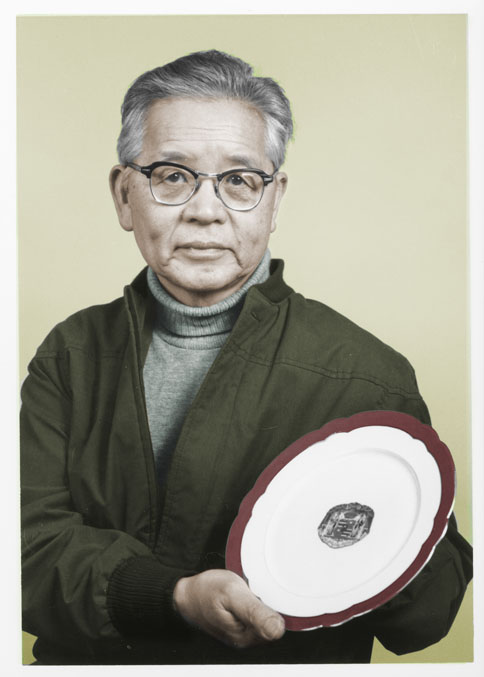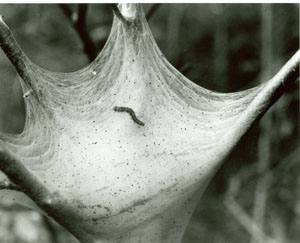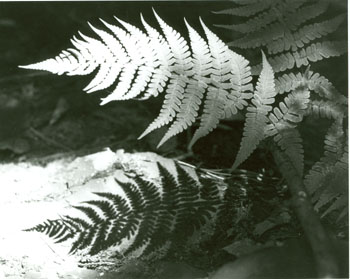Henry A. Lea Papers
A talented musician and member of the UMass Amherst faculty in the Department of Germanic Languages and Literatures, Henry A. Lea was born Heinz Liachowsky in Berlin in 1920. With the rise of the Nazi Party, the Jewish Liachowskys left their home for the United States, settling in Philadelphia and simplifying the family name to Lea. Henry studied French as an undergraduate at the University of Pennsylvania (1942) but shortly after graduation, he began his military service. After training in Alabama and in the Army Specialized Training Program (ASTP) program at Ohio State, he was assinged to duty interrogating prisoners of war with the G2 (intelligence) section of the First U.S. Army; he later served as a translator at the Nuremberg War Crimes trials in 1947-1948 and for the military government in Frankfurt (1948-1949). Lea returned to his alma mater for a masters degree in German (1951), and accepted a position teaching at UMass in the following year. In 1962, he received a doctorate for a dissertation under Adolf Klarmann on the Austrian expatriate writer Franz Werfel. During his tenure at the university he published extensively on Werfel, Wolfgang Hildesheimer, and Gustav Mahler, including a book on the composer and conductor entitled Gustav Mahler: Man on the Margin. Lea remained at UMass until his retirement in 1985.
The Lea Papers consist chiefly of two types of material: research notes and correspondence. The nearly 200 letters written by Henry A. Lea during his military service in the Second World War provide an excellent account, albeit a self-censored account, of his experience from training through deployment and return. Lea’s research notes include notebooks on Werfel and files on Mahler and Hildesheimer. Other items include a pre-war album containing commercial photographs collected during a vacation and a baby book from an American family living in occupation-era Germany.


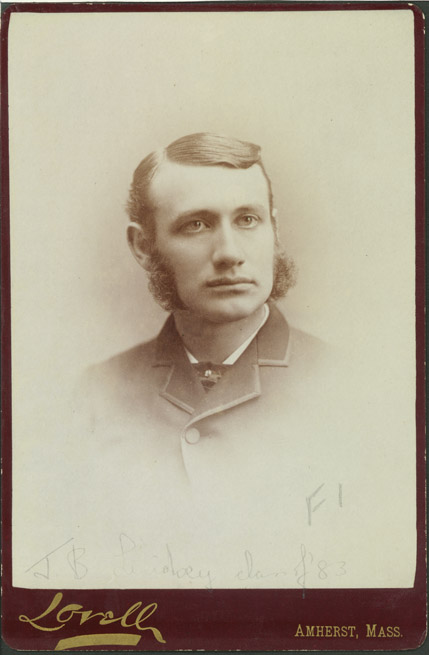
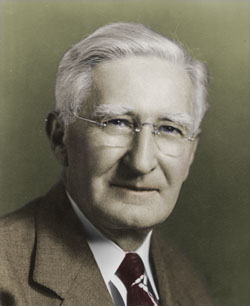
 View
View 